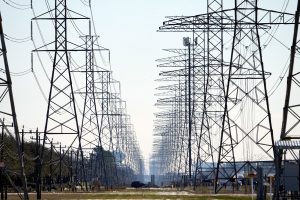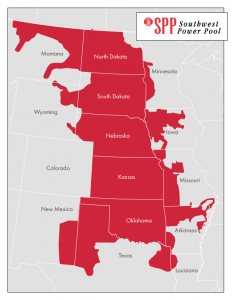
Southwest Power Pool (SPP), responsible for coordinating electric reliability in a 14-state area in the central United States, including Oklahoma, expects to have enough generation to meet energy demand despite higher regional temperatures this summer.
“As a regional transmission organization, SPP’s top priority is to ensure reliability” said Bruce Rew, SPP senior vice president of operations.
“We work with our member utilities to monitor the electric grid, maintain contingency plans, and collaborate during periods of operational challenges. While we anticipate no major concerns this summer, we are prepared for any circumstance. Despite a forecast of higher-than-normal temperatures, SPP is confident in our ability to keep the lights on for the 18 million people in our region.”
SPP presented its summer forecast to stakeholders during its bi-annual Emergency Communications User Forum meeting on May 21.
SPP conducts this assessment each year to identify and mitigate threats to energy reliability during the summer season lasting from June to September. The analysis considers factors such as historical and predicted future electricity use, weather forecasts, the variability of available wind energy, drought conditions and generation and transmission outages.

Meteorological models predict a 33-50% chance of greater temperatures this summer at varying levels in the SPP footprint. There are similar percentages of chances for below normal rainfall in the states served by SPP. There is a 90% probability of SPP serving all loads during summer peak usage hours.
If extreme weather, unexpected outages or other circumstances affect the region, SPP has systems, tools and procedures ready to mitigate risks and maintain electric reliability. Under different scenarios, the grid operator may call on generating units to commit to run earlier or more often than usual, delay planned outages, import energy from neighboring systems or tap into available reserves depending on the severity and duration of events affecting energy reliability.
Source: SPP release




